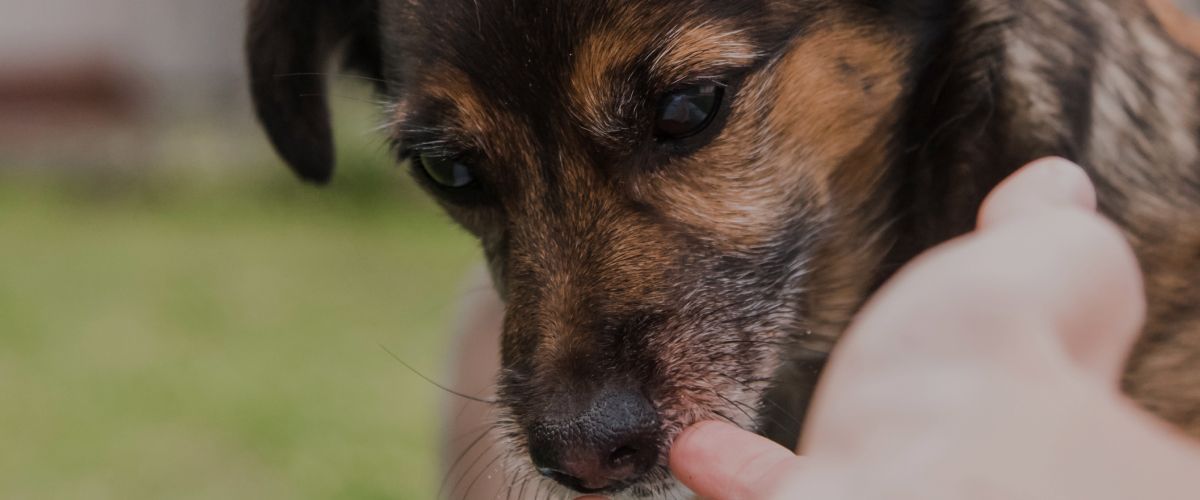How To Add Years To Your Senior Pet’s Life
Regular Veterinary Visits
Early Detection: Senior pets should have veterinary check-ups at least once a year, though twice a year is ideal since pets age faster than humans. These visits can help catch and manage health issues early.
Vaccinations and Parasite Control: Continue with vaccinations and parasite control as recommended by your vet, since senior pets can have weakened immune systems.
Proper Nutrition
Tailored Diet: Senior pets may need diets that are easier to digest and have different calorie levels and ingredients (e.g., more fiber, less fat) to manage weight and support joint health.
Supplements: Depending on your pet’s health, your vet may recommend supplements such as omega-3 fatty acids for joint health or antioxidants for cognitive function.
Maintain a Healthy Weight
Weight Management: Overweight pets are at a higher risk for diseases like diabetes, heart disease, and arthritis. Keeping your pet at a healthy weight can significantly extend their life and improve their quality of life.
Consult Your Vet: Work with your vet to determine the ideal weight and nutritional plan for your pet.
Regular Exercise
Adjusted Exercise Regimen: Senior pets still need regular exercise, but the intensity and type of activity may need to change. Gentle walks, swimming, and short play sessions can keep them physically active without overstraining their joints.
Mental Stimulation: Keep their minds active with puzzle toys, training sessions, and gentle play to help combat cognitive decline.
Dental Care
Regular Cleanings: Dental health is crucial as pets age. Untreated dental issues can lead to more significant health problems, including heart disease. Regular cleanings by a veterinarian and at-home dental care can prevent these issues.
Comfortable Living Environment
Accessibility: Make your home more senior-pet friendly. This might include ramps for pets who can’t climb stairs, orthopedic beds for joint support, and easy access to food and water.
Temperature: Keep them comfortable, avoiding extreme cold or heat, as senior pets are more sensitive to temperature changes.
Monitor for Behavioral Changes
Early Signs of Disease: Changes in behavior can be early signs of disease. Increased vocalization, changes in bathroom habits, or decreased interest in activities can all warrant a vet visit.
Regular Grooming
Skin and Coat Health: Regular grooming helps prevent matting, identifies skin issues early, and can be a comforting activity for your pet.
Nail Care: Keeping nails trimmed is essential to avoid pain and mobility issues.
Love and Attention
Emotional Support: Perhaps most importantly, continue to provide plenty of love and attention. Senior pets may require more reassurance as they navigate aging, including potential vision or hearing loss.
By incorporating these practices, you can help ensure your senior pet lives a fuller, more vibrant life. Each pet is unique, so it’s important to tailor these suggestions to your pet’s specific health needs and abilities, always in consultation with your veterinarian.
The post How To Add Years To Your Senior Pet’s Life appeared first on Angelpaw.







